Sober Living & Transitional Housing
Find stability and support in your recovery journey with our safe, structured sober living and transitional housing programs at Virtue Recovery Center.
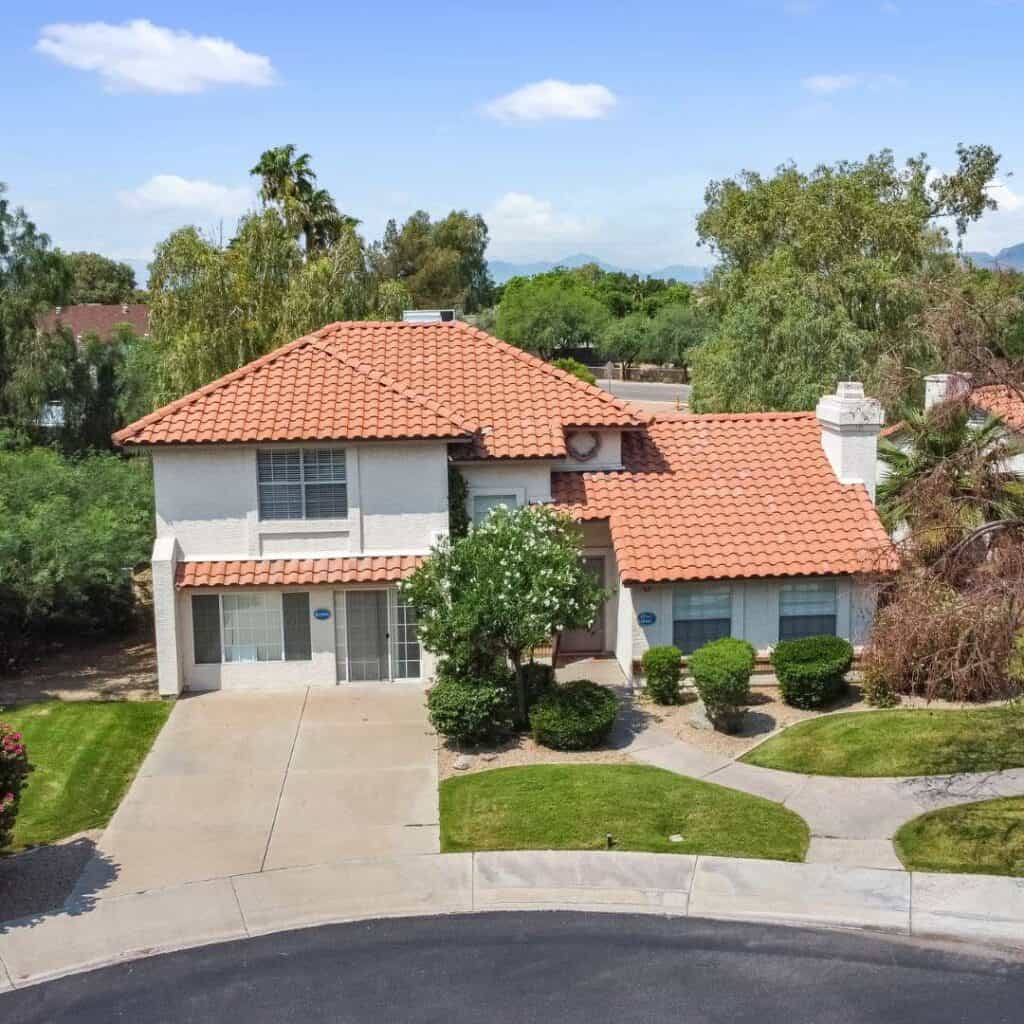
What is Sober Living & Transitional Housing?
Sober Living & Transitional Housing at Virtue Recovery Center provides a safe, structured environment for individuals transitioning from intensive addiction treatment to independent living. These programs offer a supportive community where residents can continue their recovery journey while developing the skills and habits needed for a substance-free life. With a focus on accountability and peer support, sober living and transitional housing serve as a crucial bridge between treatment and full reintegration into society, helping individuals build a strong foundation for lasting recovery.
Who is This Program For?
Our Sober Living & Transitional Housing program is ideal for individuals who:
Key Features and Benefits of Sober Living & Transitional Housing Program Core Features and Unique Benefits of Sober Living & Transitional Housing Program
Find a Treatment Center Near You

Why Choose Us

Safe and Supportive Environment
Our facilities are designed to be calming and therapeutic, providing a space where clients feel secure and supported.

Integrated Care
Our team collaborates across disciplines to ensure that all aspects of a client's health are addressed, including psychological, emotional, and physical needs.
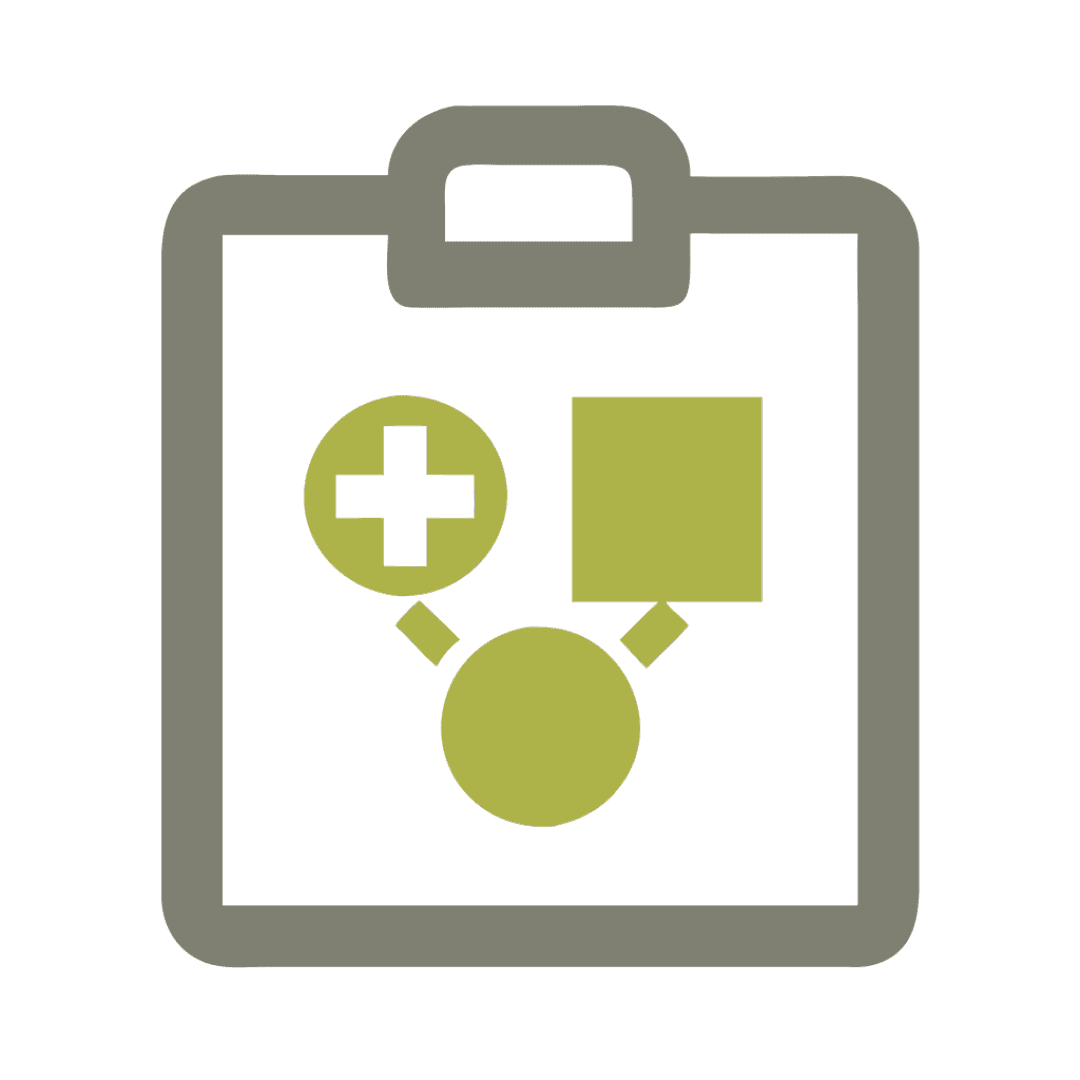
Personalized Treatment Plans
Every individual's treatment plan is tailored to their unique experiences, needs, and recovery goals.
Benefits

Holistic Healing
Address both the root causes of addiction and the underlying trauma to promote comprehensive recovery.

Empowerment
Clients gain skills and strategies to manage trauma-related symptoms and triggers effectively.

Improved Outcomes
Research shows that trauma-informed care can lead to better engagement and longer-lasting recovery.
Client Testimonials
[trustindex data-widget-id=e82c51229324499a3a164430148]
FAQs About Sober Living & Transitional Housing
The length of stay in sober living or transitional housing varies based on individual needs, but it typically ranges from several months to a year. The duration is flexible and depends on the resident’s progress and readiness to move to independent living.
Sober living homes are specifically designed for individuals in recovery from substance abuse, providing a drug-free environment with peer support. Transitional housing may also serve individuals in recovery but can include broader populations, such as those transitioning from homelessness or incarceration.
Insurance coverage for sober living and transitional housing varies by provider and plan. While some may cover a portion of the costs, others may not. It’s important to check with your insurance provider and the specific facility for details on coverage.
Sober living homes typically enforce rules such as maintaining sobriety, attending regular house meetings, adhering to curfews, and contributing to household chores. These rules are designed to create a supportive, structured environment that fosters recovery.
Yes, residents are encouraged to work, attend school, or participate in volunteer activities while living in sober living or transitional housing. These activities help residents rebuild their lives and integrate back into society while maintaining their recovery.
Support services in sober living and transitional housing can include counseling, group therapy, life skills workshops, relapse prevention planning, and employment assistance. These services are designed to help residents build the skills needed for successful, independent living.
Sober living provides a structured, supportive environment where residents are surrounded by peers who are also committed to recovery. The rules, accountability, and community support help individuals stay focused on their sobriety and reduce the risk of relapse.
The cost of sober living or transitional housing varies widely depending on location, amenities, and the level of support provided. Costs can range from a few hundred to several thousand dollars per month. Some facilities may offer financial assistance or sliding scale fees.
Sober living prepares residents for independent living by teaching essential life skills, fostering accountability, and providing a safe space to practice sobriety. Residents gradually gain the confidence and stability needed to transition back into the community while maintaining their recovery.
Addiction Help News & Blog
Stay informed with the latest research on drug addiction and recovery, explore stories from those in recovery, and equip yourself with the knowledge to support your journey to healing.
How an Eating Disorder Program Helps Manage Binge-Eating Episodes
Benefits of Exercise in Addiction Recovery and Craving Control
The History of Veterans Day and Its Deeper Fight for Healing
Nutrition Guide: Meal Plan for Addiction Recovery & Sobriety
Our Addiction Treatment Facilities Near You
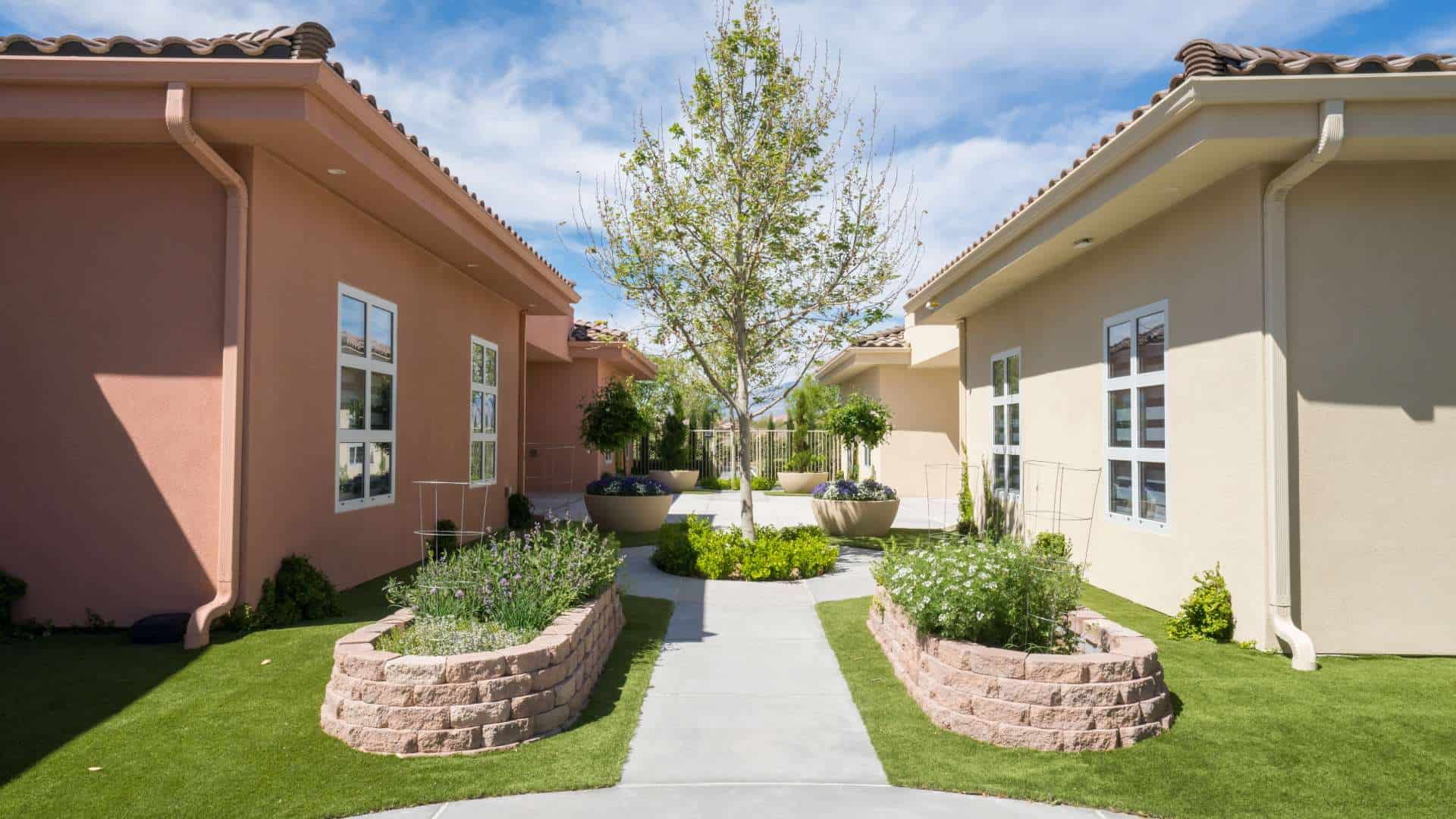
Virtue Recovery Las Vegas, NV - Corbett
Our luxury inpatient residential / detox facility in Las Vegas, Nevada. Recover in a serene environment with private rooms, private bathrooms, meals catered by professional chefs, ability to use your phone after the 72 hour blackout period, and much more!
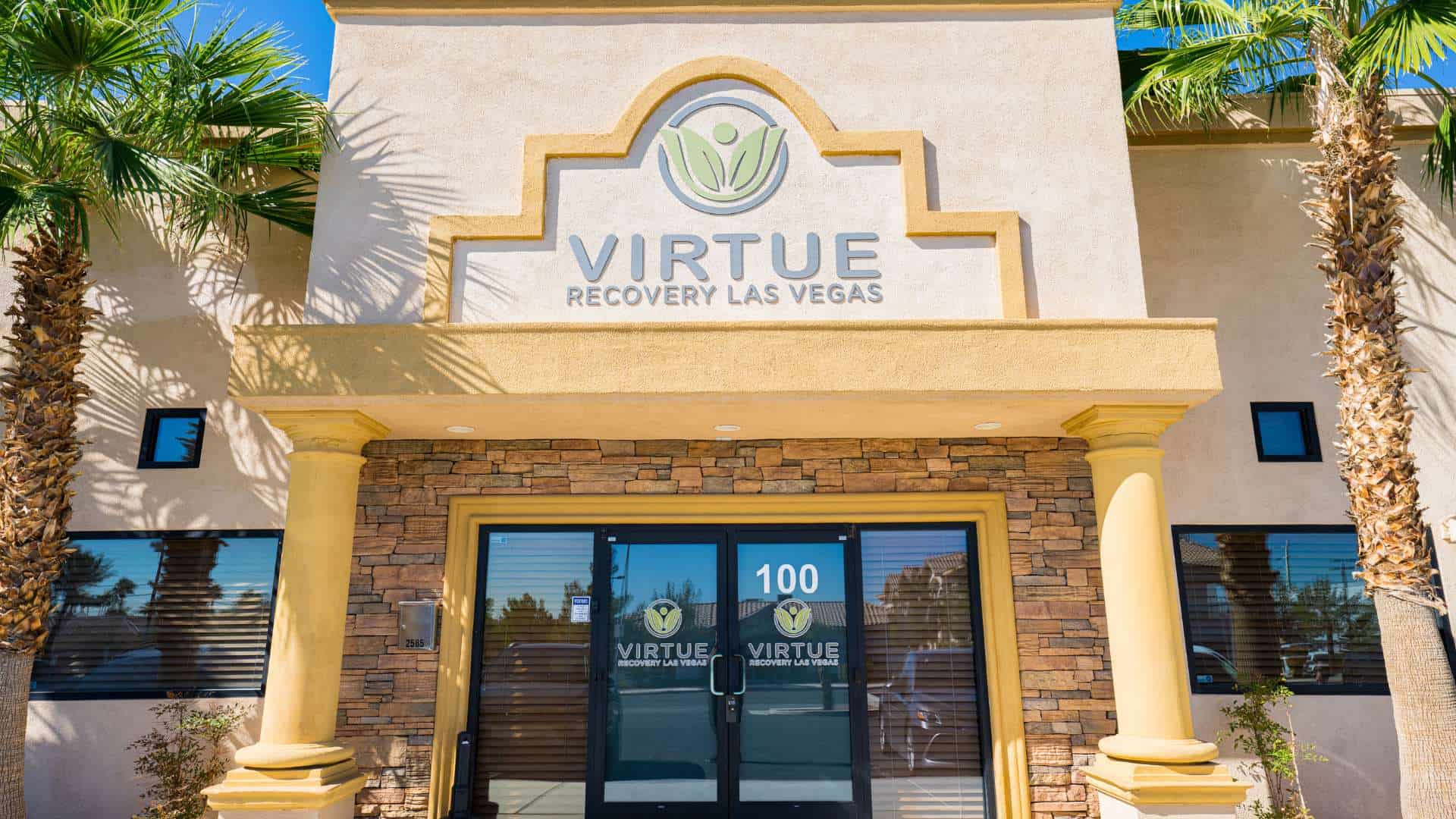
Virtue Recovery Las Vegas, NV - Montessouri
Our Las Vegas outpatient facility offers aftercare, IOP, and PHP with extended hours going from 8am to 8pm to allow clients more flexibility with their treatment. With a culturally sensitive trauma-informed care in a holistic environment clients can recover in an inclusive environment.
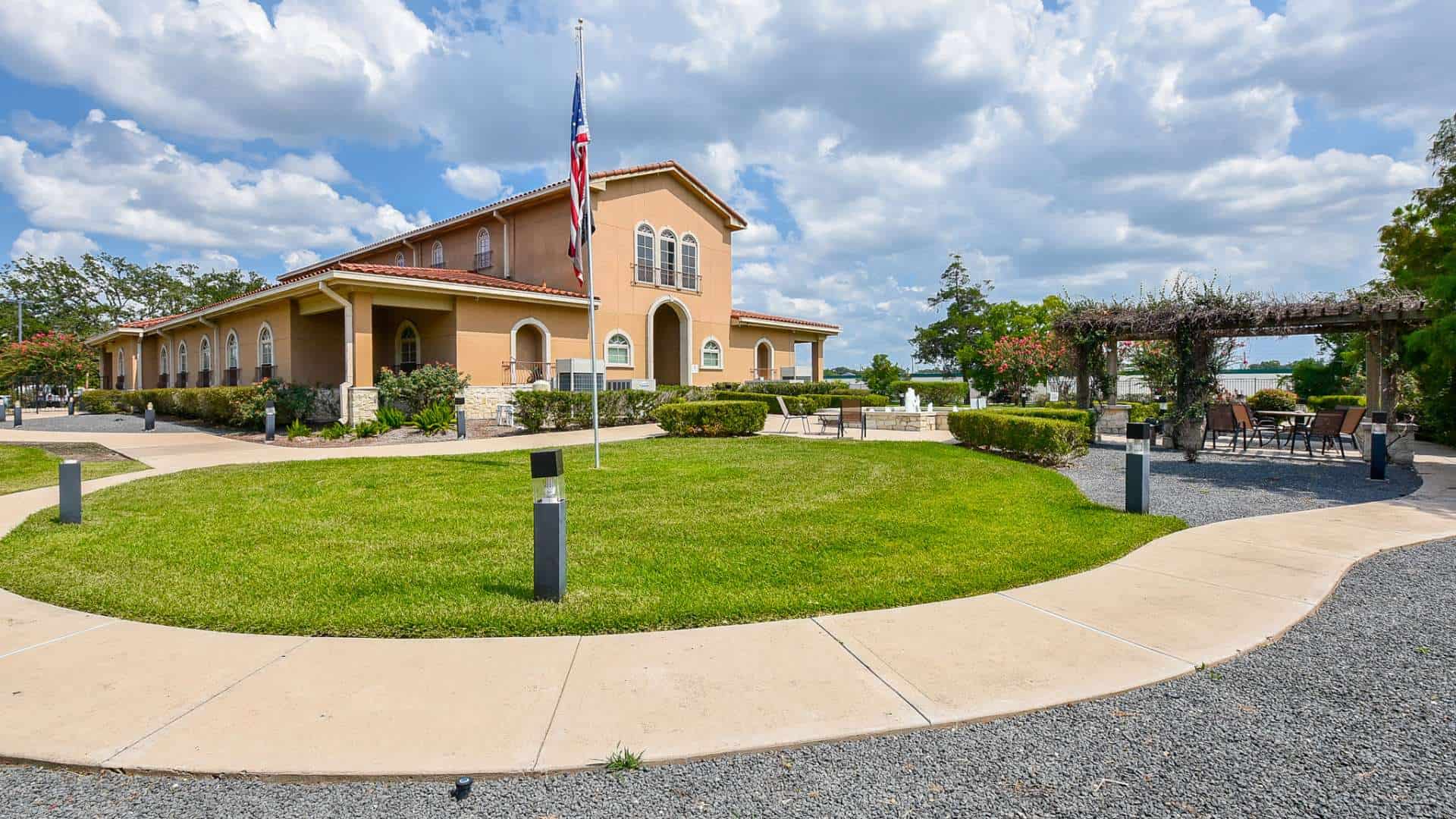
Virtue Recovery Houston, TX - Inpatient Treatment
Virtue Recovery Houston is a premier inpatient rehab center offering residential addiction treatment and medical detox. Our expert team provides 24/7 care, evidence-based therapies, and personalized recovery plans to help you break free from addiction for good.
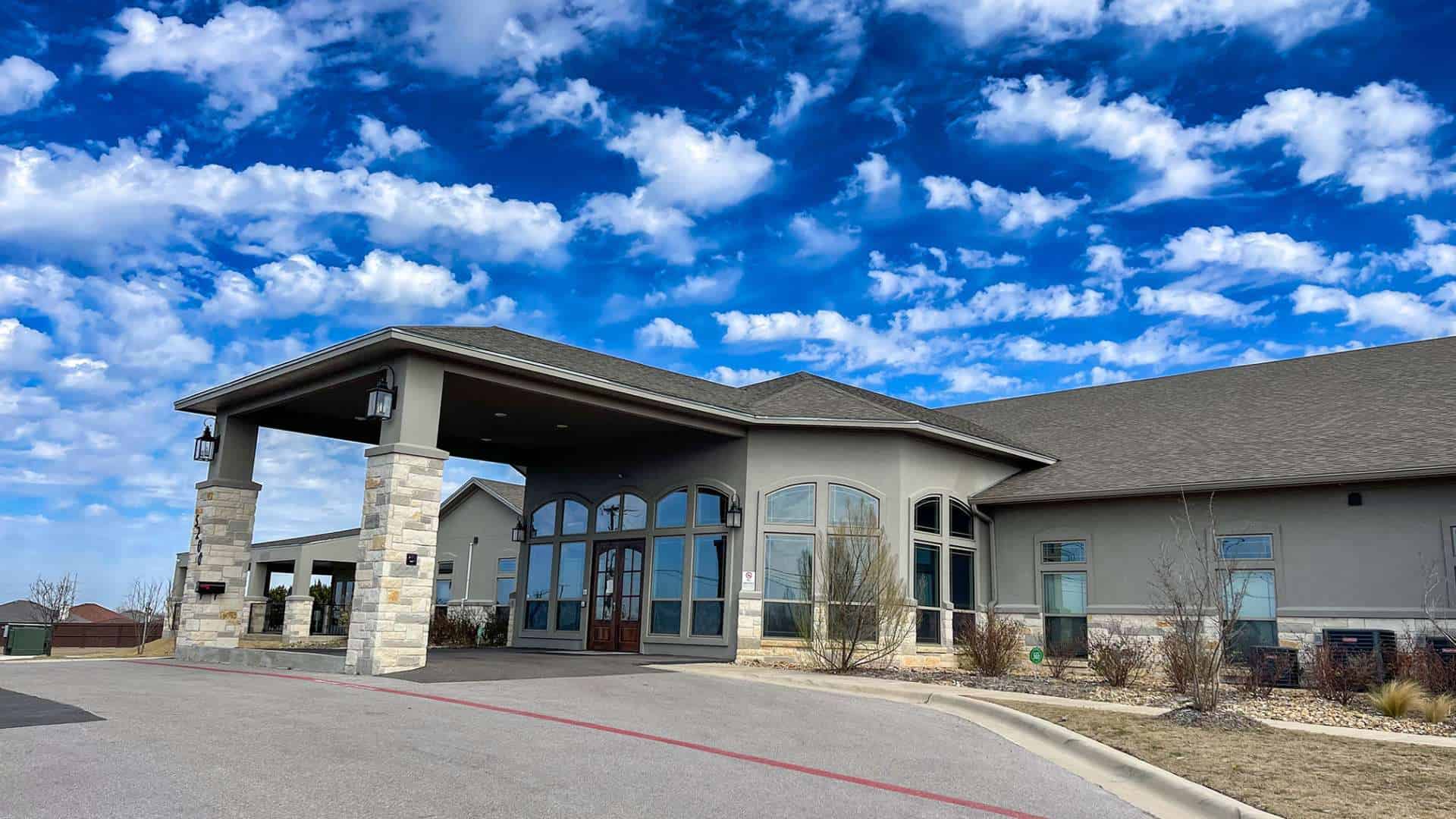
Virtue Recovery Killeen, TX - Luxury Treatment
Break free from addiction in a high-end rehab environment at Virtue Recovery Killeen. We offer inpatient treatments like residential addiction treatment, medical detox, and holistic therapies in a setting designed for healing and long-term sobriety.
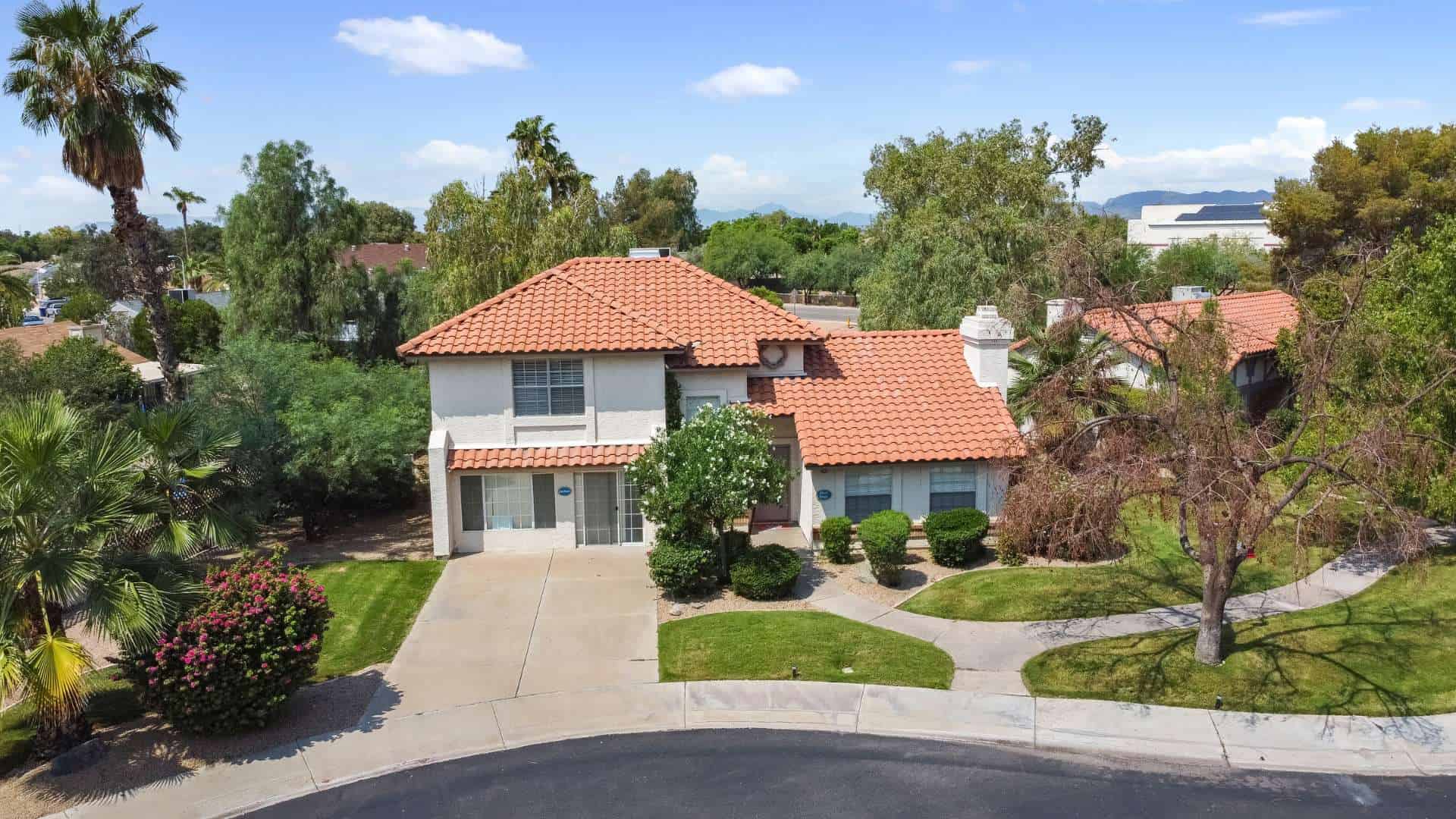
Virtue Recovery Chandler, AZ - Addiction Treatment
Recovery starts in the right environment. At Virtue Recovery Chandler, our inpatient treatment program is housed in a cul-de-sac of comfortable, private homes, allowing for personalized care, 24/7 medical support, and a distraction-free path to healing. We also offer outpatient services nearby in Gilbert.
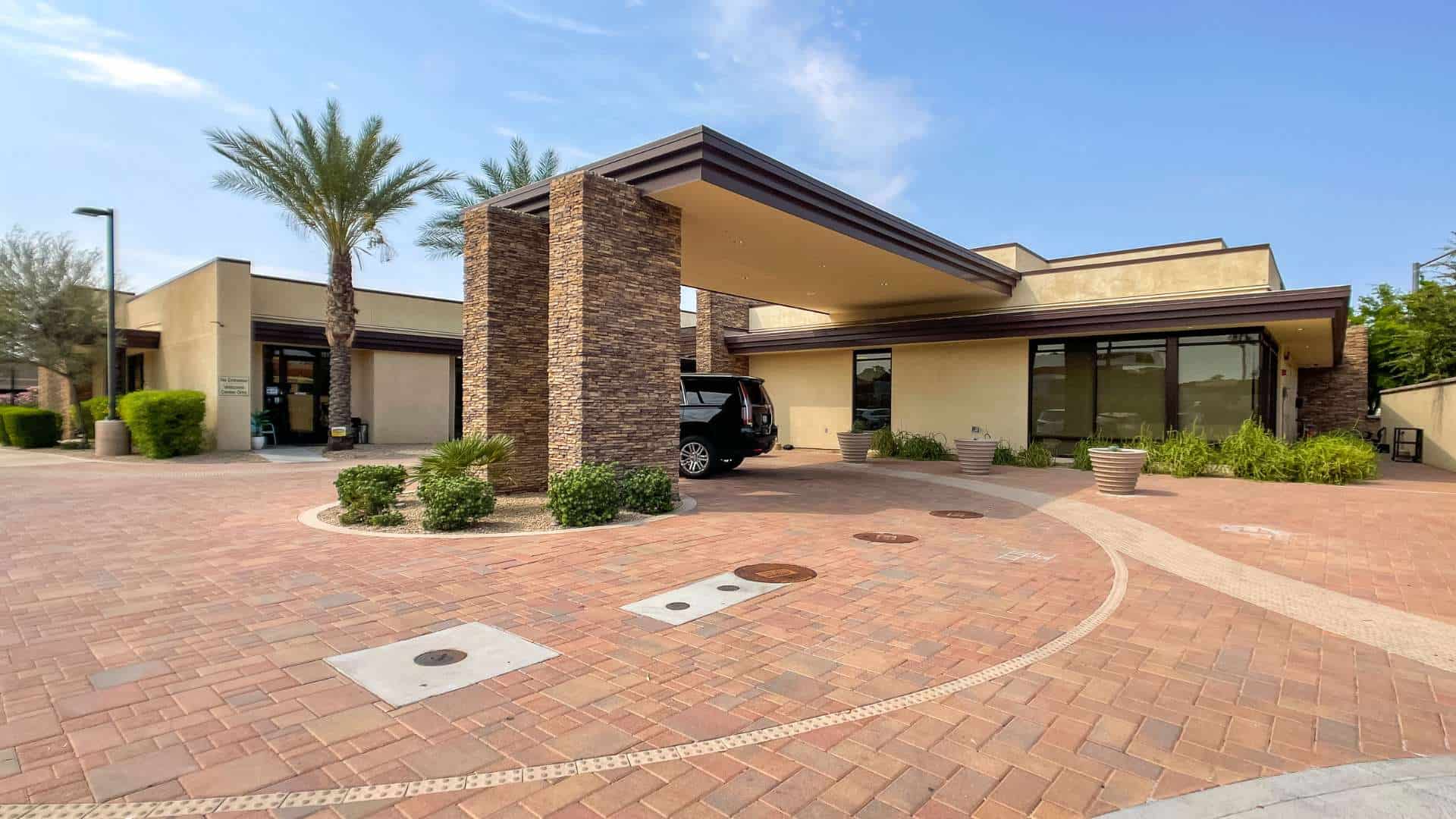
Virtue Detox Sun City West, AZ - Detox Treatment
Virtue Detox Sun City West Arizona is a premier medical detox center, providing 24/7 medical supervision, medication-assisted treatment (MAT), and expert care in a safe, comfortable environment. Detox shouldn’t be a nightmare—we make it manageable, effective, and the first step toward real recovery.
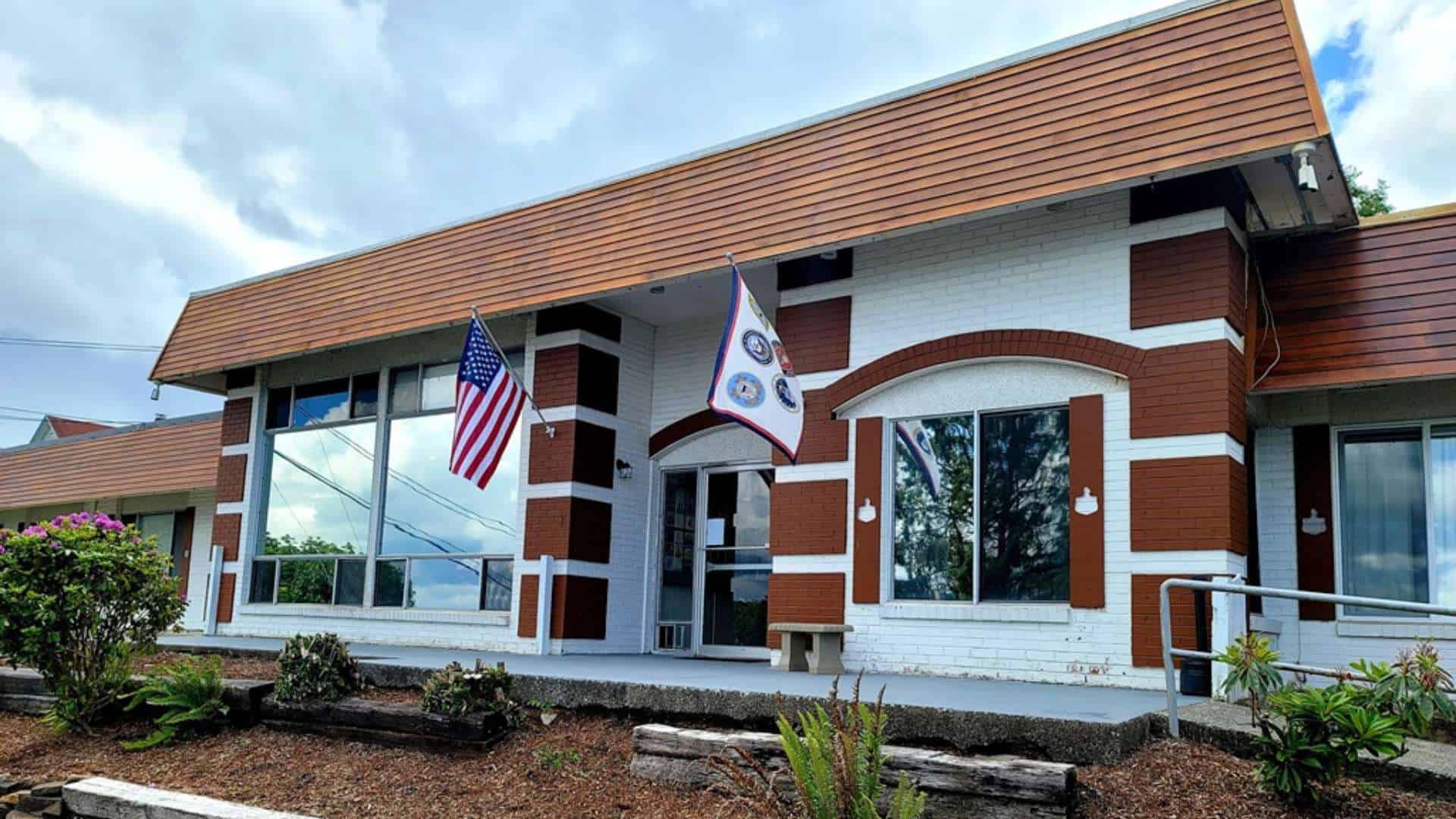
Virtue At The Pointe Astoria, OR - Inpatient Treatment
Located in the stunning Pacific Northwest, Virtue at The Pointe is a top-tier inpatient treatment center in Astoria, OR. We offer 24/7 medical support, personalized therapy, and a highly structured recovery program to help individuals break free from addiction and rebuild their lives. We specialize in Veterans Addiction Treatment.
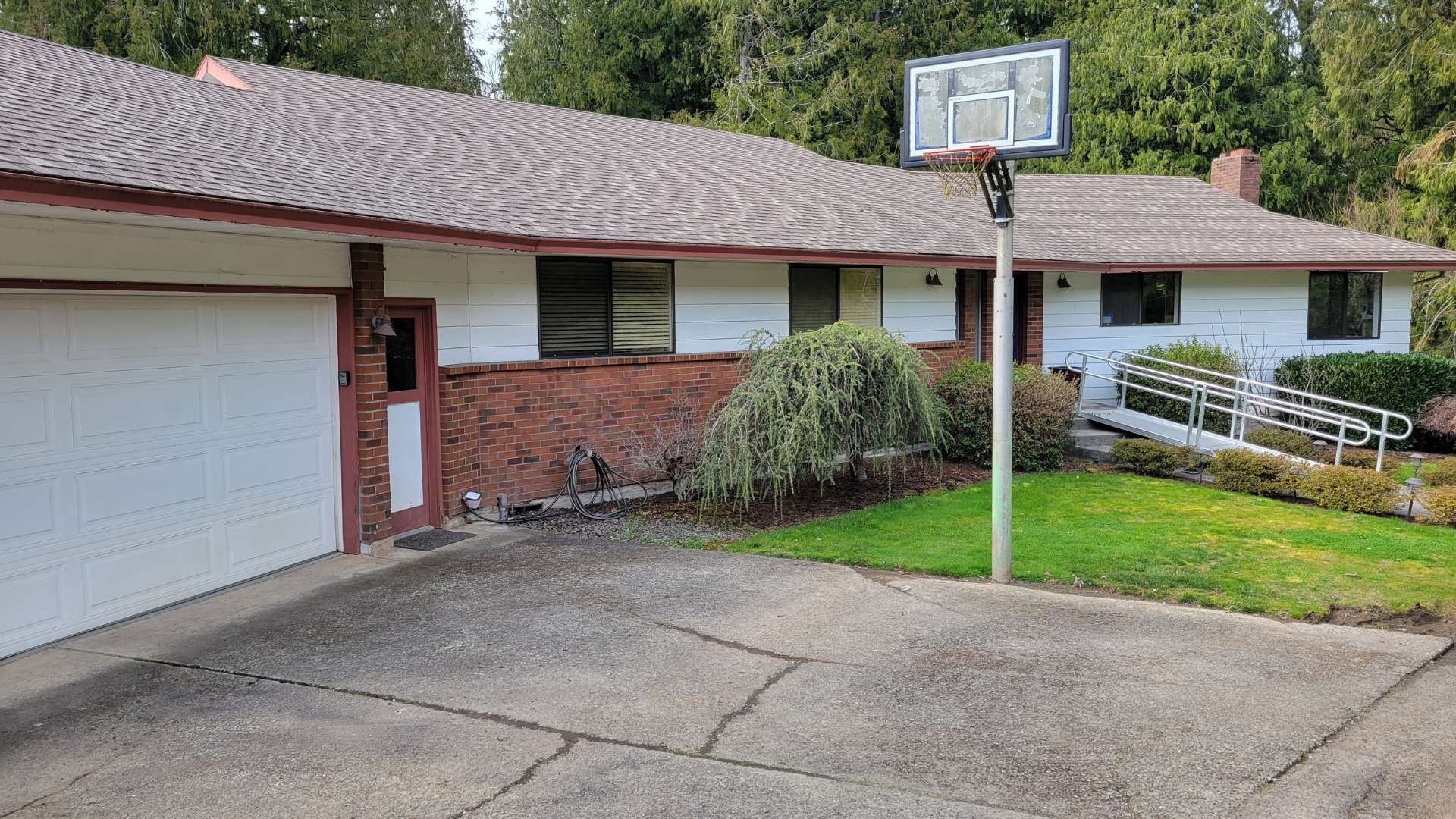
Virtue At The Pointe Milwaukie, OR - Outpatient Treatment
Outpatient treatment that feels like home. Virtue at The Pointe in Milwaukie, OR offers structured addiction recovery in a comfortable, home-like setting. Our converted homes provide a warm, supportive space for therapy, group work, and real-world healing—so you can recover while staying connected to your life.
Virtue Recovery's Treatment Programs

Medical Detox
A medically supervised process to safely manage withdrawal symptoms during the initial phase of addiction recovery.

Residential Treatment
A structured, 24/7 therapeutic environment for individuals recovering from addiction, eating disorders, or co-occurring conditions.

Intensive Inpatient Program (IIP)
A comprehensive, round-the-clock treatment plan offering medical, psychiatric, and therapeutic care for severe addiction or eating disorders.

Partial Hospitalization Program (PHP)
A highly structured day program providing intensive treatment for addiction and eating disorders while allowing clients to return home at night.

Intensive Outpatient Program (IOP)
A flexible treatment option that includes group therapy, individual counseling, and support for those transitioning from inpatient care for addiction or eating disorders.

Medically-Assisted Treatment
A therapeutic approach for substance use disorders that combines FDA-approved medications with counseling and behavioral therapies.

Holistic Treatment
An integrative treatment model that addresses mind, body, and spirit through therapies such as yoga, meditation, and nutrition in addiction recovery.

Trauma-Informed Recovery
A compassionate approach to addiction and eating disorder treatment that prioritizes safety, empowerment, and healing from past trauma.

Court-Ordered Treatment
A legally mandated program designed to help individuals meet judicial requirements while addressing substance abuse or mental health issues.

Aftercare Treatment
A continuation plan that supports long-term recovery through ongoing therapy, support groups, and relapse prevention strategies.

Ongoing Support
Community-based and professional resources that help individuals sustain their recovery journey beyond formal treatment.

Sober Living
A supportive, substance-free living environment that fosters independence and accountability for those transitioning from treatment to everyday life.






